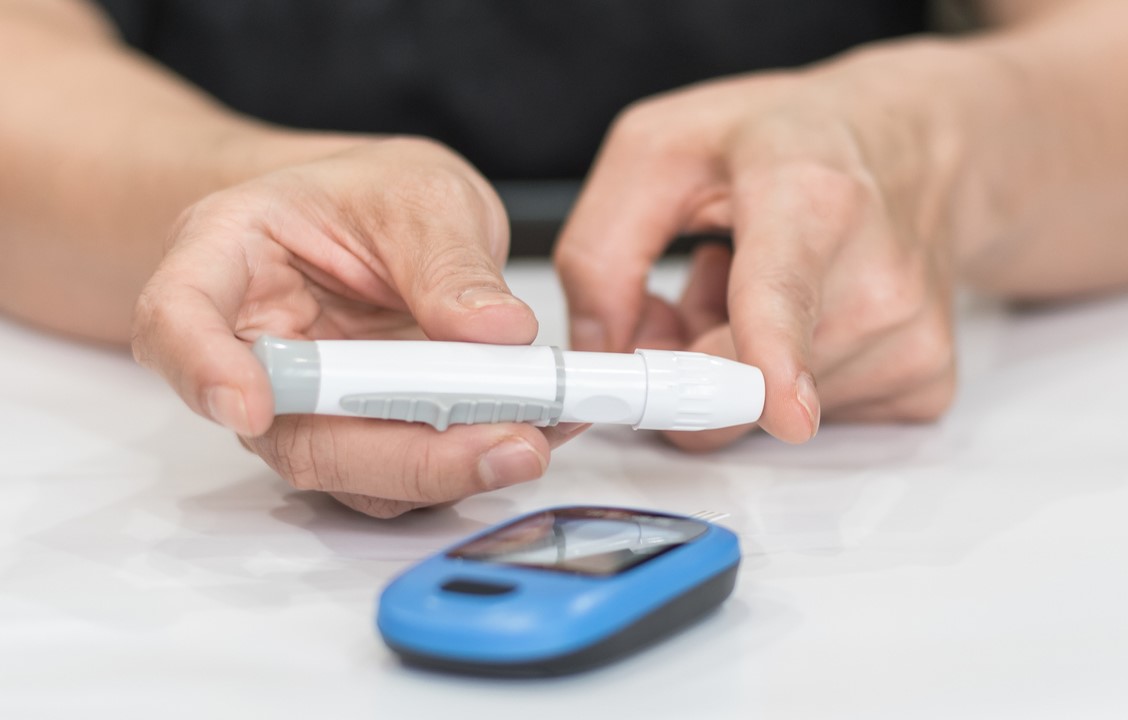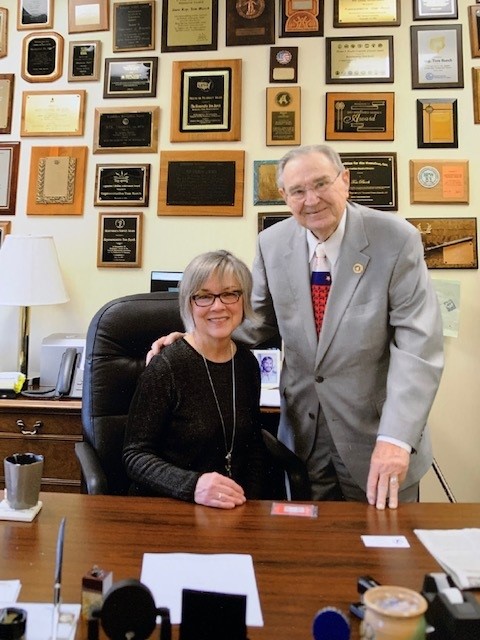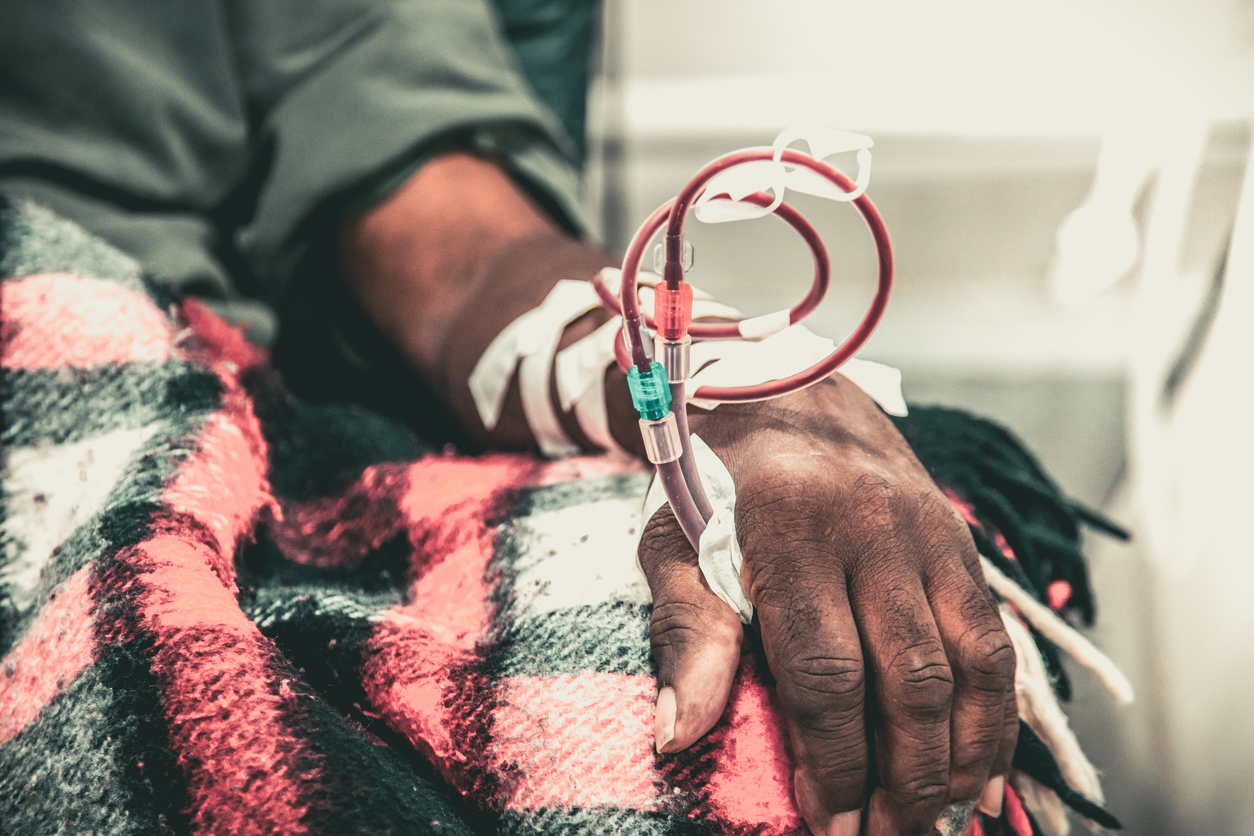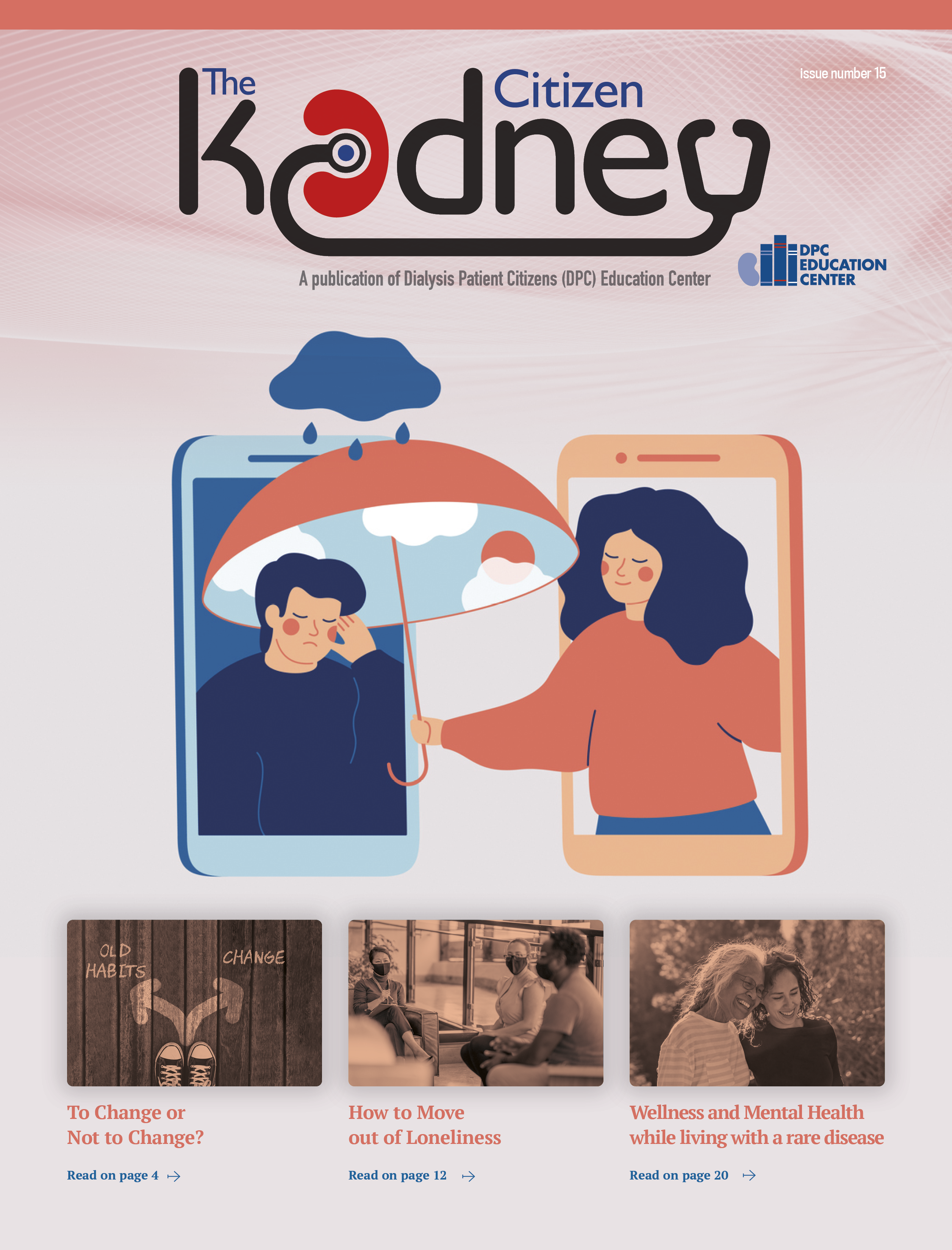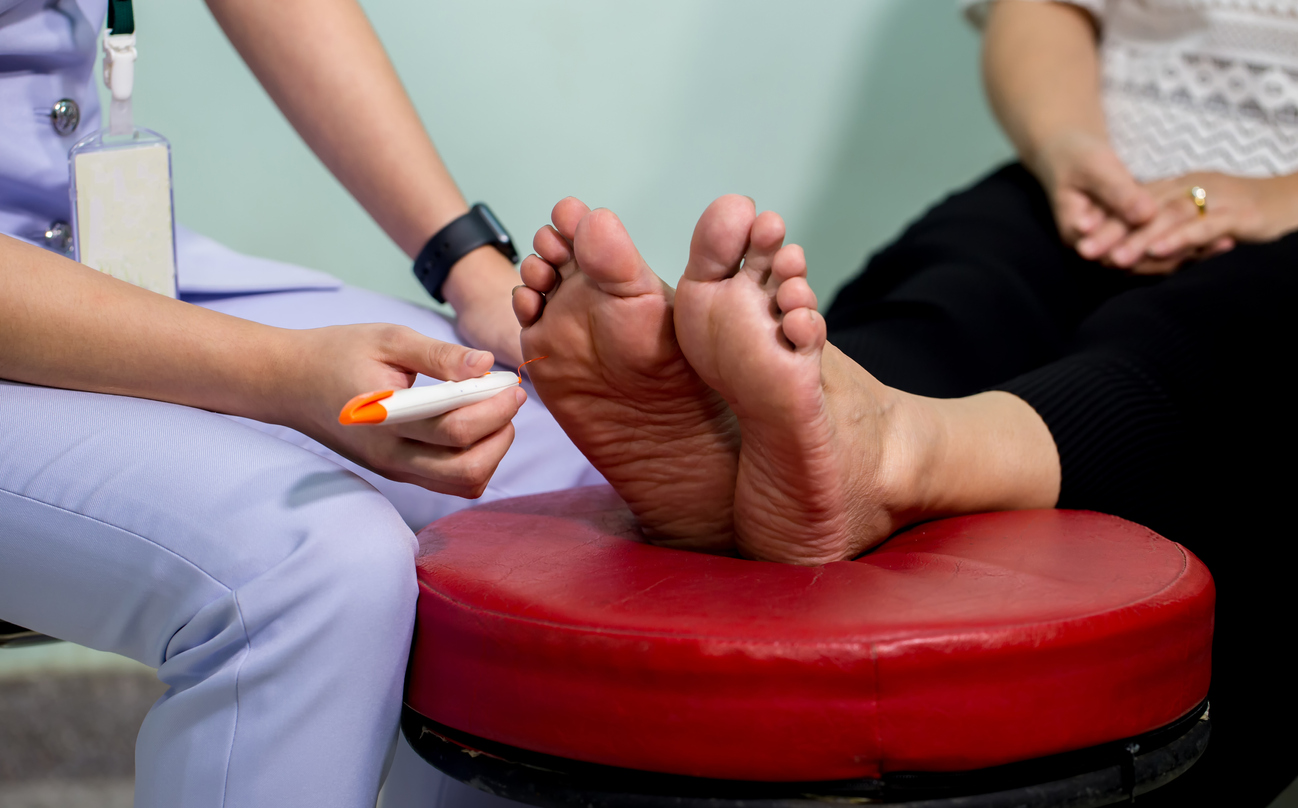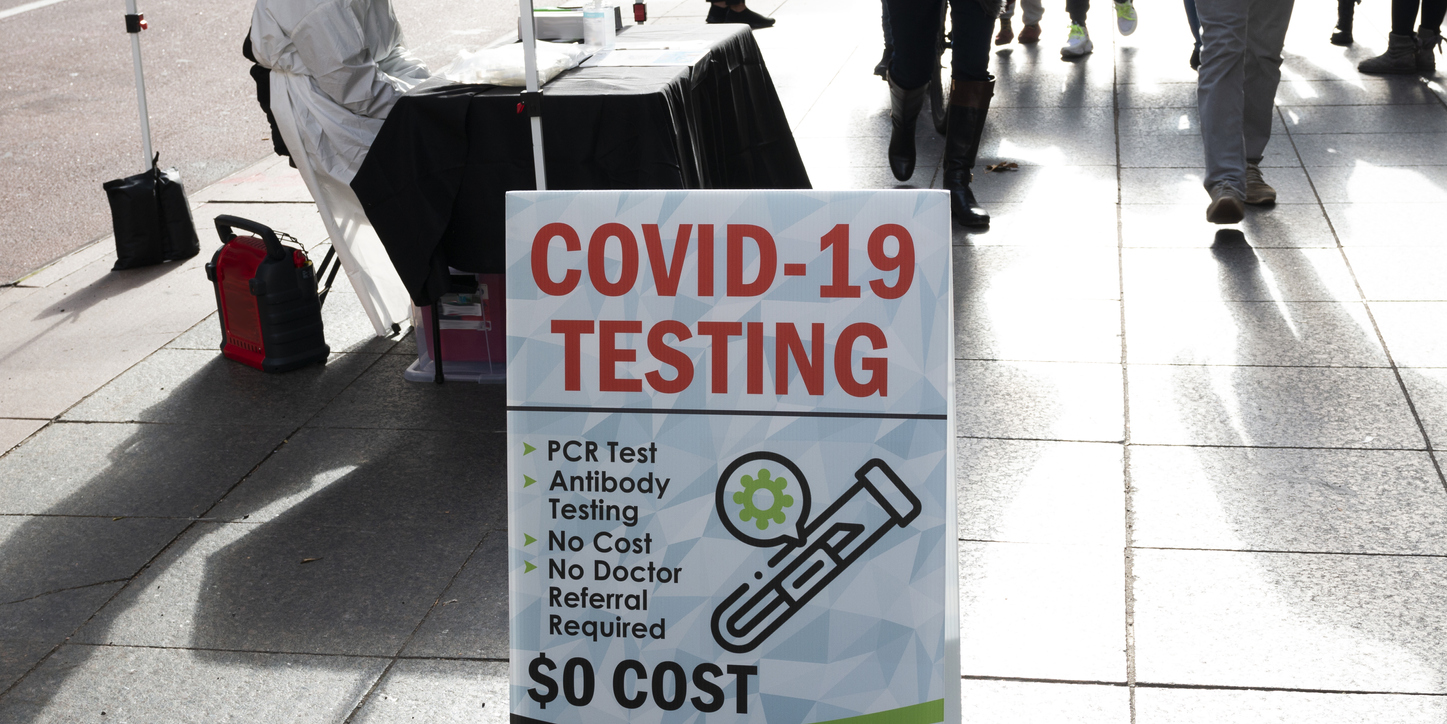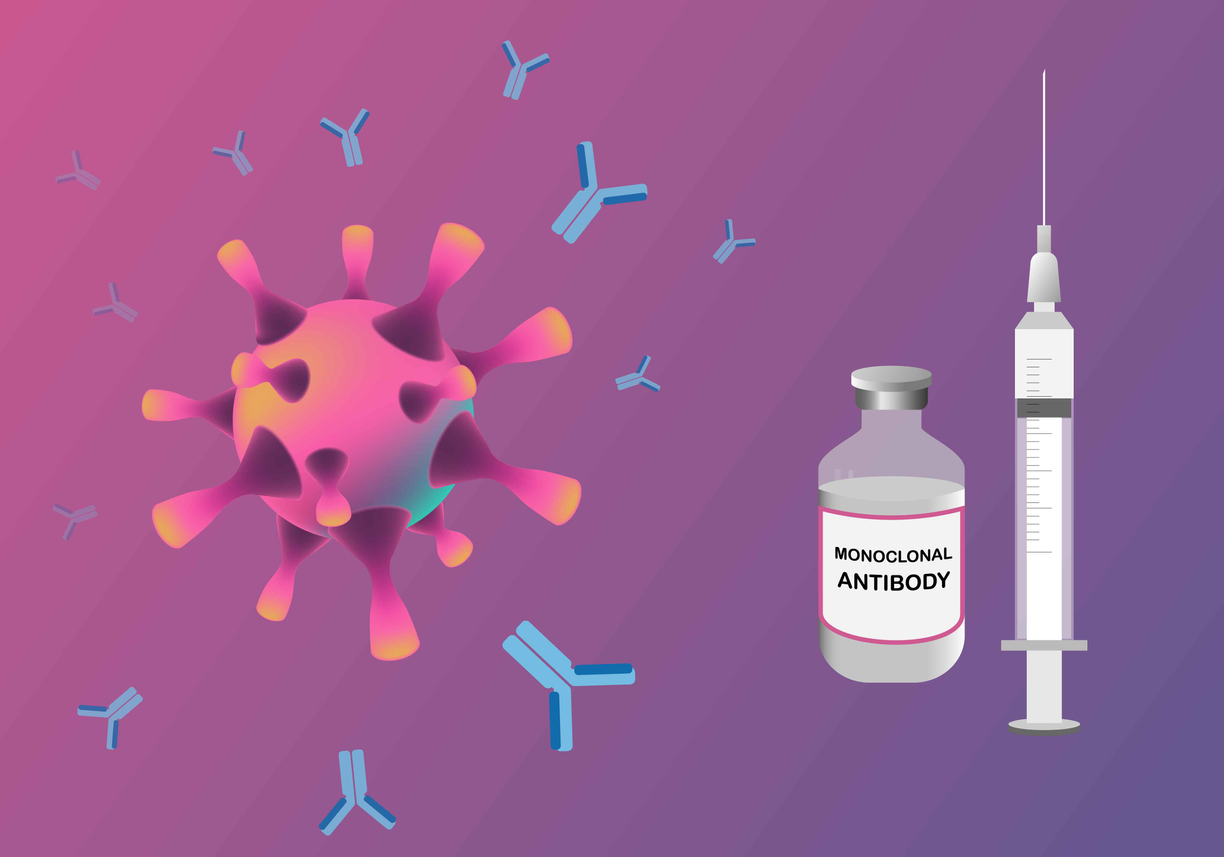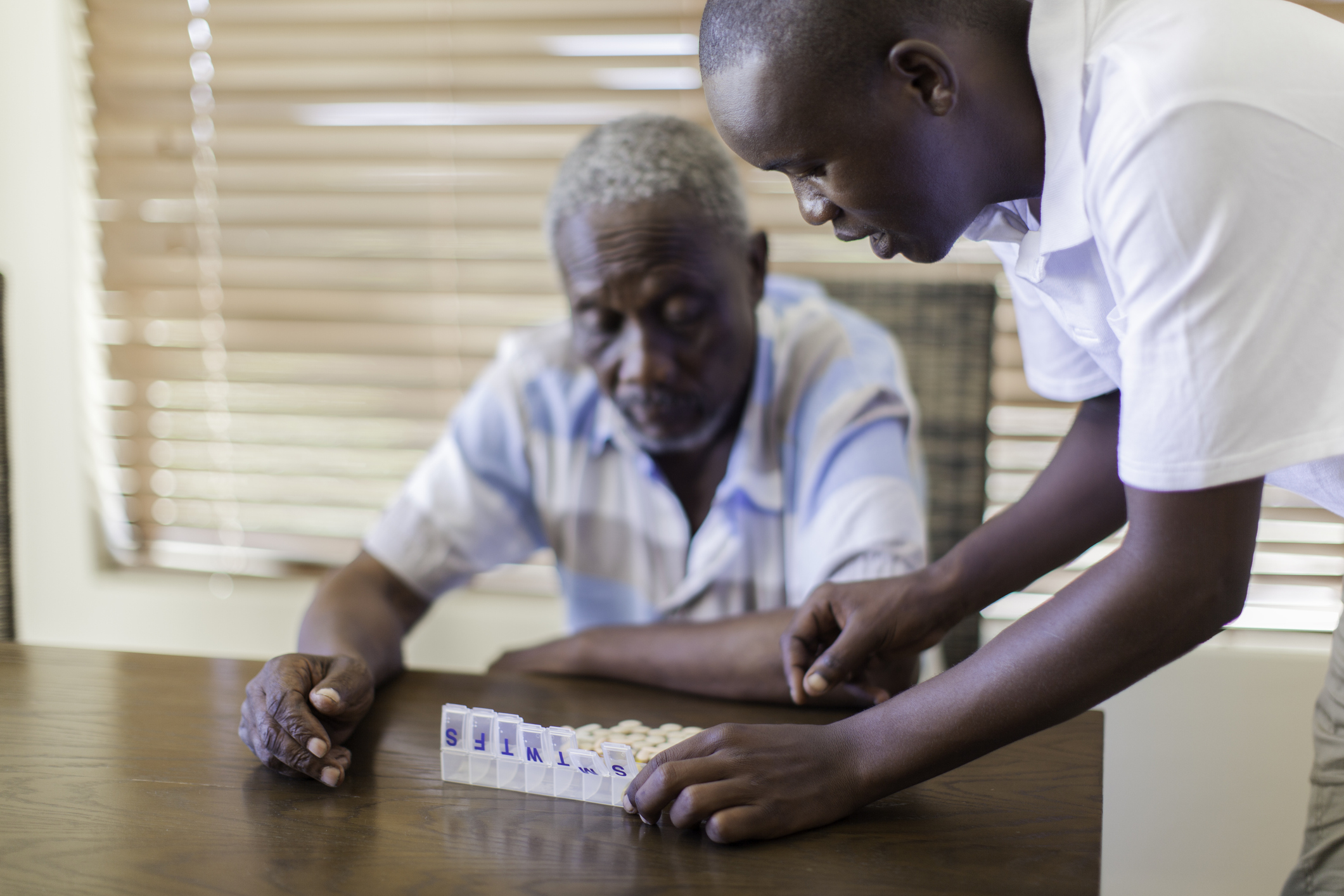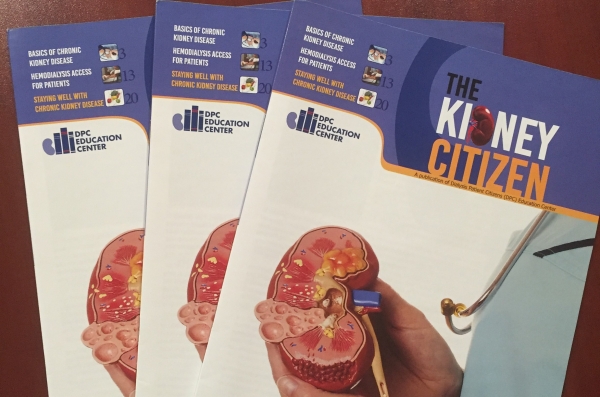News & Events
Discover new information and educational offerings that we provide. Explore our newsletters, blogs and upcoming webinars/conference calls.
Contents:
Value-Based Health Care & Medicare – Weighing the Pros and Cons
Value-based care has become a hot topic in the health care industry. The model of paying providers bonuses for better patient health outcomes and penalizing them for poor outcomes may seem like a great idea and one that would encourage a more holistic approach to patient care. Some health care experts have concerns about what this means for people on Medicare Advantage (MA), though; specifically, there may be more focus on costs and less focus on quality. Janice Horowitz, author of Health Your Self, has three primary concerns when it comes to value-based care in MA plans: Restrictions on where you can go for treatment – Value-based care is built on having one general primary-care [...]
Medicare Surprise: Drug Plan Prices Touted During Open Enrollment Can Rise Within a Month
By Susan Jaffe May 3, 2022 Something strange happened between the time Linda Griffith signed up for a new Medicare prescription drug plan during last fall’s enrollment period and when she tried to fill her first prescription in January. She picked a Humana drug plan for its low prices, with help from her longtime insurance agent and Medicare’s Plan Finder, an online pricing tool for comparing a dizzying array of options. But instead of the $70.09 she expected to pay for her dextroamphetamine, used to treat attention-deficit/hyperactivity disorder, her pharmacist told her she owed $275.90. “I didn’t pick it up because I thought something was wrong,” said Griffith, 73, a retired construction company accountant who [...]
Blood Sugar Testing to Manage Type 2 Diabetes in Patients Who Don’t Need Insulin
Checking your blood sugar daily may not help you manage your type 2 diabetes. If you have type 2 diabetes, it’s important to keep the amount of glucose, or sugar, in your blood at a healthy level. Many patients check their blood sugar at home each day. Patients place a drop of blood from their fingertip onto a test strip; then they insert the strip into a home glucose meter. This test measures your blood sugar level at that moment. People who use insulin check their blood sugar often so that they know how much insulin to take. But if you don’t use insulin, recent research shows that daily blood sugar testing may not [...]
Advocate for Your Health!
Written by Orlando A. Torres, a DPC Patient Ambassador from Guaynabo, Puerto Rico Last year, I participated in my first Dialysis Patient Citizens (DPC) virtual Fly-In. DPC is an advocacy organization that represents all kidney patients in our community. The Fly-In was a virtual event where kidney patients, along with DPC staff, and other advocates, engaged in conversations with Congress members and their staffers in relation to new legislation to benefit renal patients. We discussed the concept of the Comprehensive Immunosuppressive Drug Coverage for Kidney Transplant Patients Act that extended Medicare coverage of life saving immunosuppressive medications for the life of the kidney transplant. This bill, which was signed into law, will take [...]
Telehealth with a Mental Health Professional: What to Know Before You Start
By Kirsten Weir If you or a family member are managing chronic kidney disease, you’re probably thinking a lot about physical health—the health of the kidney and the rest of the body. Caring for your mental health is just as important. And with telehealth options that let you see a mental health professional from your home, it’s more convenient than ever. “The increased availability and acceptance of telehealth might be one of the few positive changes to come out of the [COVID-19] pandemic,” says Amy Walters, PhD, a clinical health psychologist and the director of Behavioral Health Services for St. Luke's Humphreys Diabetes Center. There are very good reasons to establish care with a mental [...]
Exercise for Both Physical and Mental Health
It is well known that exercise is important to maintain physical health, but new studies have shown that the benefits of exercise extend to mental health as well. Researchers looked at 15 existing studies that contain data on exercise and depression and have found a correlation between depression risk and physical activity. Even when someone wasn’t exercising as intensely or as often as advised by the US Department of Health and Human Services, there were still significant mental health benefits. The 15 studies used, which included over 191,000 participants total, found that people who did half the recommended amount of physical activity had an 18% lower risk of depression, and people who did the full [...]
DPC’s State Advocacy Efforts Flourish with Elevated Voice of DPC Patient Ambassadors
Image: Medigap champion Kentucky State Rep. Tom Burch and Elizabeth Lively, DPC Eastern Region Advocacy Director By Kelly Goss, J.D., LL.M., Western Region Advocacy Director and Elizabeth Lively, Eastern Region Advocacy Director, Dialysis Patient Citizens (DPC) It’s been a busy start in 2022 for DPC’s state advocacy efforts. Many states are holding shorter legislative sessions due to the upcoming primary elections, and several bills impacting dialysis patients have been introduced and are moving quickly through the legislative process. Legislation to expand Medigap access has been introduced in Arizona, Kentucky, Louisiana, Maryland, Nebraska, New Jersey, Rhode Island, Vermont, and Wisconsin. Improving access to affordable Medicare Supplement (Medigap) plans is a top policy priority for DPC, and [...]
Falling by the Wayside? Falls Prevention in Dialysis
By Laura Plantinga, PhD, Bernard Jaar, MD, MPH, and C. Barrett Bowling, MD, MSPH Why are dialysis patients at particular risk for falls? Studies show that approximately one-quarter of dialysis patients fall every year, meaning that they are about three times more likely to fall in any given year, compared to the general population. While older age certainly plays a role, there are several other factors that put dialysis patients — regardless of age — at higher risk for falls. In fact, most falls probably result from a combination of factors, usually a combination of long-term “predisposing” risk factors and short-term “precipitating” factors. For dialysis patients, predisposing factors include health conditions like nerve [...]
The Courage to Self-Cannulate – Taking Control Means Less Pain, More Independence
By Michelle Carver, Vice President Clinical Service Initiatives at Fresenius Kidney Care If the idea of self-cannulating every time you dialyze seems impossible, you are not alone. Many people fear needles, especially the large ones used for dialysis. But trust me, when you learn to do it, you’ll wonder why you ever doubted yourself. It gives you control, may make your access site last longer and, believe it or not, hurt less. One of my dialysis patients compared it to putting a cotton-tipped swab in your ear – would you rather do it yourself or have someone else do it? Only you – not your care provider – can feel both ends of [...]
To Change or Not to Change?
By Dr. Stacy Ogbeide, Board Certified Clinical Health Psychologist www.stacyogbeide.com “Why is change so hard?” I hear this statement often from the patients I see in primary care. From taking a medication as prescribed to starting an exercise program – change is hard. Having a chronic health condition like Chronic Kidney Disease (CKD) can be difficult because, like many other chronic health conditions, CKD is heavily influenced by lifestyle and behavior modifications. What is a person to do? “I just need to do it.” “I will change when I want to change.” “I will start next week.” “I want to start that walking plan, but it hurts when I move so I stopped [...]
Wellness and Mental Health While Living with Rare Disease
By Maya Doyle, MSW, PhD Cystinosis is a rare lysosomal storage disorder (1) that is typically diagnosed in childhood and typically results in kidney failure and progression to dialysis and/or kidney transplant. In the United States, a disease is considered rare if it is affects fewer than 200,000 Americans. According to the National Institutes of Health (NIH), there are approximately 7,000 rare diseases affecting between 25 and 30 million Americans – this means 1 in 10 people may be affected by a rare condition (2). The experience of a rare condition can be very isolating because of the lengthy time to get a diagnosis, the lower number of people with a specific [...]
My Experience as a Kidney Patient in CKD, Dialysis, and Transplant
By Orlando A. Torres After a 30-year battle with chronic kidney disease (CKD), in 2016 I had Stage Five kidney failure. This was the end of a three-decade battle which took countless hours of treatment. For years, I had been followed medically for CKD, having a special test done monthly and eating a special diet. As a CKD patient, my condition affected other organs in my body. The number of regular activities I could do also declined, but I never quit and refused to accept those limitations. I never let CKD limit what I did. I think it is important to try to work through the potential limitations of CKD to have a [...]
Living with Chronic Illness and Bipolar: A Story of Resilience
By Ashley Abedini I opened my eyes to find myself lying on a hospital bed. This was not exactly a new experience for me; I have a chronic illness called Cystinosis, a metabolic disorder that has led to health issues, most notably kidney failure. As a result of this, I had to go on dialysis for about a year, leading to frequent hospital stays. I was diagnosed at just six months, so it is something that has been a pivotal part of my life. The hospital bed, cold blank walls, and countless nurses were a familiar sight. This hospitalization was quite different though. I signed myself in that night for what I would [...]
How to Move Out of Loneliness and Isolation
By Rebekah Palmer Oftentimes, people whose bodies live with rare diseases and chronic illness are not only separated from their peers and society, but feel separate from their peers and society. This is especially true regarding peers who are considered able-bodied, as well as a society that is inherently ableist. People who do not live with chronic illness do not always know the existence that is lived regularly with hospital and clinic visits, and the consumption of treatment and medications. It can be what we see and hear on media and online when it comes to how disabled and rare populations are spoken about by society. It can even be aspects of our [...]
The Kidney Citizen Issue 15
To Change or Not to Change?, How to Move Out of Loneliness, Wellness and Mental Health While Living With a Rare Disease, and more!
New Medicare Initiative to Cover Costs of OTC COVID-19 Tests
Beginning April 4, 2022, Medicare now covers the cost of up to eight over-the-counter (OTC) COVID-19 tests per calendar month for Part B and Medicare Advantage participants. It is important to note that Medicare will not cover OTC COVID-19 tests for patients who only have Medicare Part A (Hospital Insurance) coverage, but they may still be eligible for free tests through other programs. Medicare will cover the costs of these tests until the COVID-19 public health emergency (PHE) comes to an end. Patients can get the tests through any participating pharmacy or health care provider. A partial list of participating pharmacies can be found at https://www.medicare.gov/medicare-coronavirus, or by calling your pharmacy or health care provider. [...]
Living With Painful Diabetic Peripheral Neuropathy (PDPN)
Living with diabetes can be a challenge all on its own, in addition to the complications that can come with it. Painful diabetic peripheral neuropathy (PDPN) is a common type of diabetic neuropathy that occurs in one-fourth of those with Type II Diabetes and is characterized by feelings of pins and needles, prickling, tingling, numbness, or shooting pain, most commonly in the feet. The American Chronic Pain Association has many PDPN resources for both patients and caregivers. There is a PDPN Conversation Guide, which can help patients communicate with their healthcare provider about the location, specific feelings, and severity of their pain; a guide on PDPN Treatment Goals to help patients rate pain, activity level, [...]
COVID.gov Launched by the White House
On Wednesday, March 30th, the White House launched a new website, https://www.covid.gov/, that will be its one-stop shop for questions on masks, treatment, vaccines, testing, and where to find and order resources. Users can search by county to access the latest COVID-19 Community Level in their area, and can click on links that take them directly to the CDC’s site for guidance on staying up-to-date with vaccines, when to get tested, and additional precautions that can be taken for those at high risk for severe illness, such as those who are immunocompromised. The site is designed to be accessible to a large number of people, with the option to read it in English, Spanish, or [...]
It Was Already Hard to Find Evusheld, a Covid Prevention Therapy. Now It’s Even Harder
By Hannah Recht March 17, 2022 As immunocompromised people across the country work to get Evusheld, a potentially lifesaving covid therapy, several hundred providers of the injections were removed from a federal dataset on Wednesday night, making the therapy even harder to locate. White House officials had announced March 15 that a planned purchase of more doses would have to be scaled back without new federal funding. And federal and state health departments aren’t making it easy to find, leaving patients whose hospitals say they don’t have enough of the drug to write desperate tweets and Facebook posts seeking the shots while unused vials sit in the refrigerators of other providers. Few states list on [...]
How to Care for Yourself When You’re a Caregiver
Being a caregiver is a huge responsibility – whether you’re a parent, spouse, or sibling, being fully responsible for the well-being of someone else can be a full-time job. When you also need to juggle work or raising children as well, it is no wonder that the caregiver’s needs are often what gets neglected. Studies have shown that no matter the age, sex, race, or ethnicity of the caregiver, all are more likely to be sleep-deprived, unable to exercise regularly, and have poor eating habits. They are also less likely to keep up with doctor’s appointments for themselves or allow themselves to rest when they get sick. While it can seem overwhelming to try to [...]



